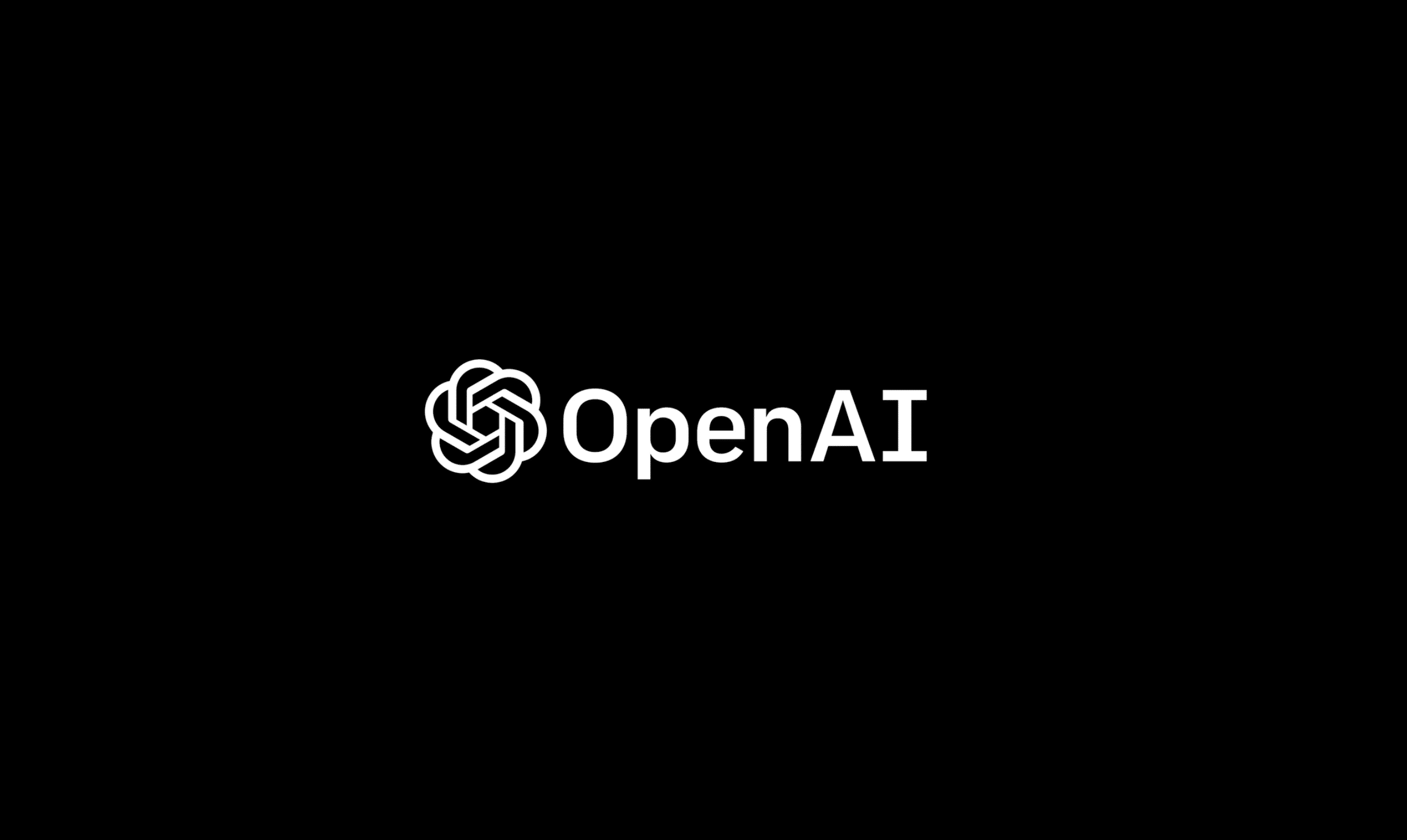
OpenAI mulls share sale, reportedly at a $80-90 Bn valuation
If media reports are to go by, OpenAI the parent for the viral ChatGPT chatbot, is in talks with investors that could lead to a groundbreaking share sale. If successful, this move would catapult OpenAI’s valuation from an already impressive $29 billion to an astounding $80-90 billion.
OpenAI is reportedly considering an approach that prioritizes its existing employees. Instead of issuing new shares, the company is exploring the option of allowing employees to sell their current holdings. This strategy provides an avenue for employees to realize the value of their equity, while all but tripling its current valuation.
As hinted at earlier, OpenAI’s financial journey over the past year has been nothing short of spectacular. In April, the company secured over $300 million in funding from illustrious backers including Sequoia Capital, Andreessen Horowitz, Thrive, and K2 Global. This funding round propelled OpenAI’s valuation to $29 billion, firmly establishing it as a formidable player in the AI domain. Going forward, the company also aims to achieve $1 billion in revenue this year, and OpenAI CEO Sam Altman had earlier hinted at the possibility of raising as much as $100 billion in the coming years to propel the development of artificial general intelligence (AGI). AGI represents the next frontier in AI research, aspiring to create machines with cognitive capabilities akin to human intelligence.
This financial feat was further bolstered by a substantial investment from tech behemoth Microsoft, believed to be in the ballpark of over $10 billion. This strategic alliance with Microsoft has not only provided OpenAI with substantial financial backing but has also unlocked a wealth of computational resources crucial for training and running its advanced AI models.
Microsoft’s strategic investment in OpenAI, which grants it a 49% stake in the company, is poised to yield substantial returns if OpenAI’s valuation reaches the projected $90 billion. And if it does, then much of the credit will go to ChatGPT, the revolutionary AI-powered chatbot that has become a household name. Since its debut approximately nine months ago, ChatGPT has democratized content creation, enabling users to generate essays, poems, and summaries from basic text prompts. Its user-friendly interface and impressive capabilities have made it one of the most significant success stories in recent AI history. Of course, its meteoric rise has sparked legitimate concerns about AI, generative AI, and its potential misuse, and proper ethical standards and legal frameworks to regulate this quickly-growing sector are in the works.


